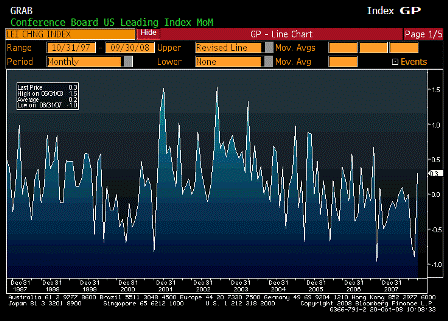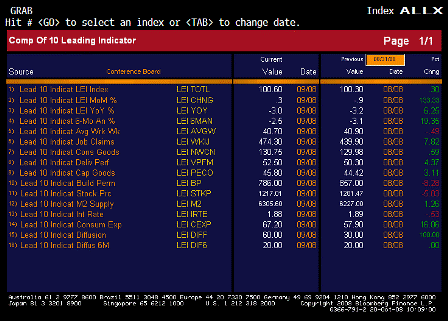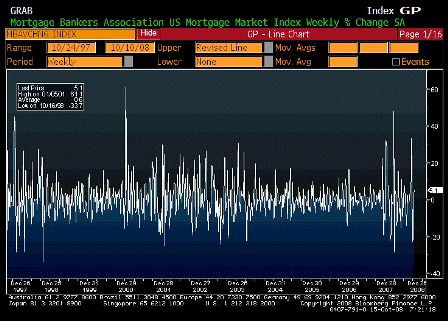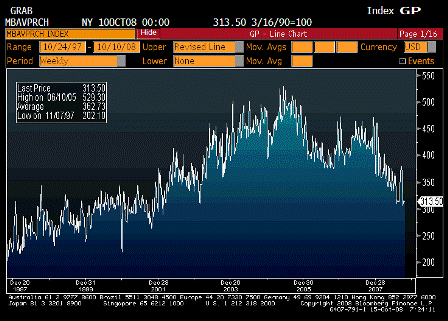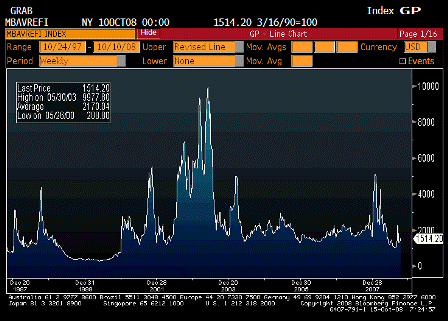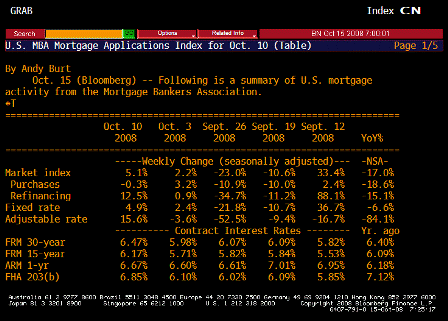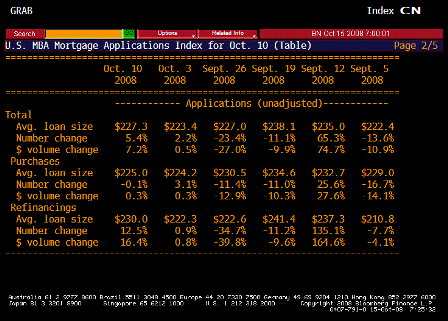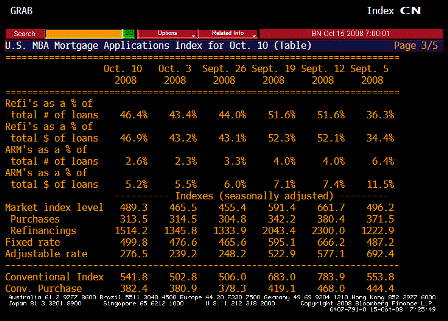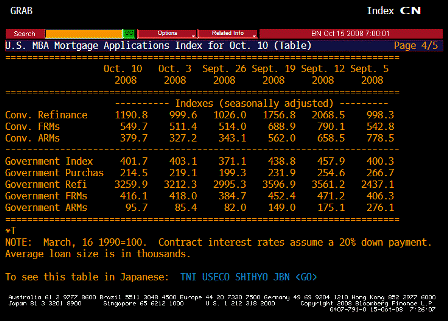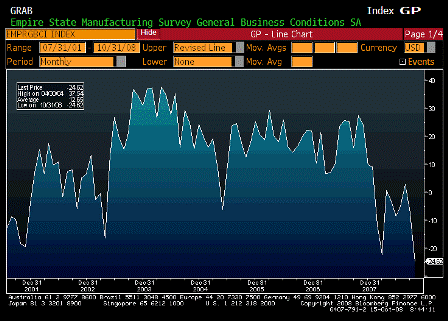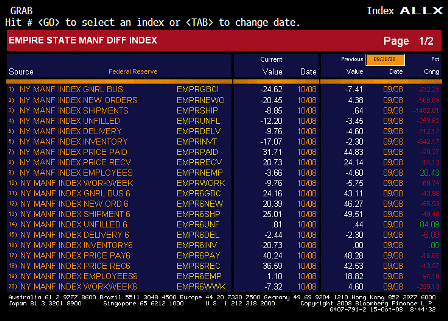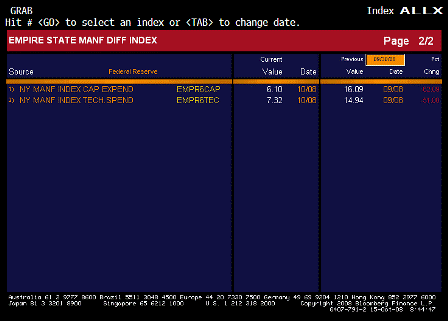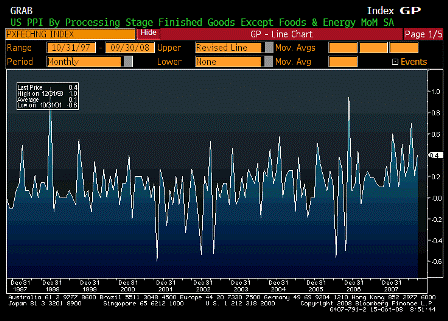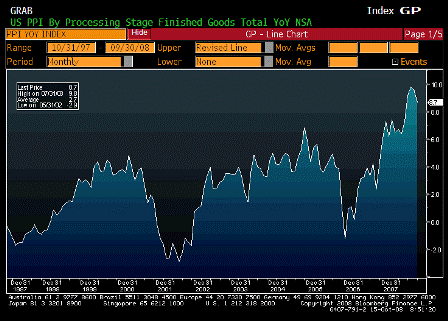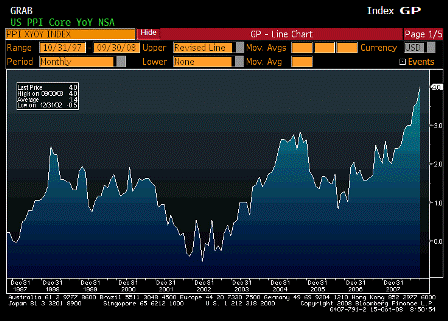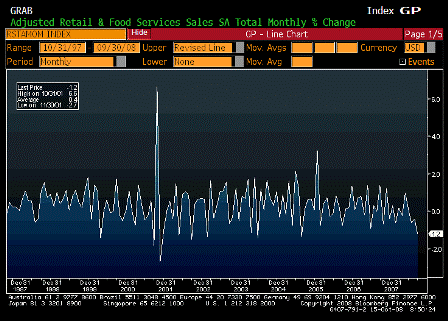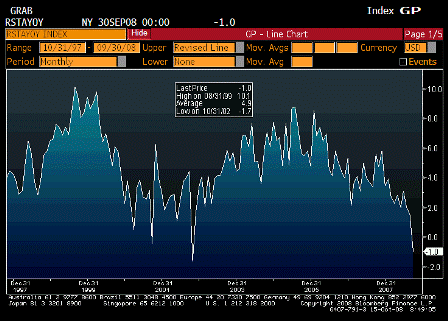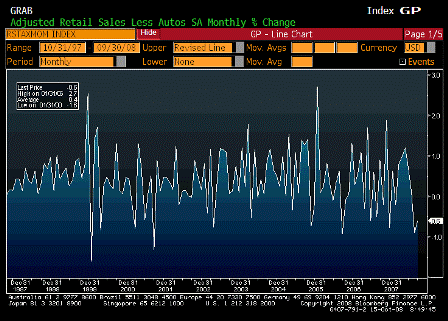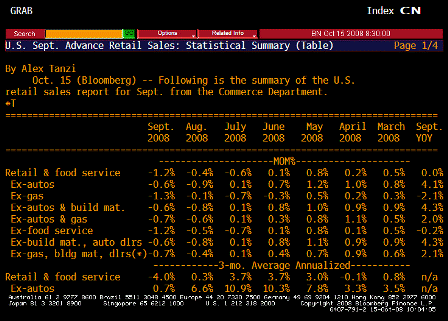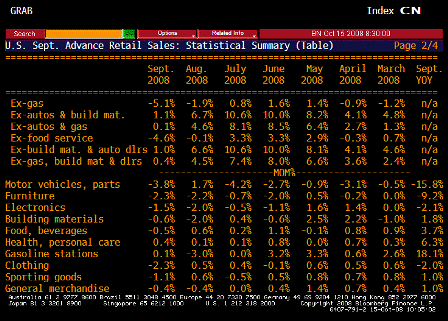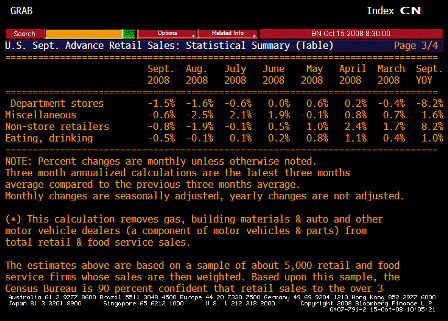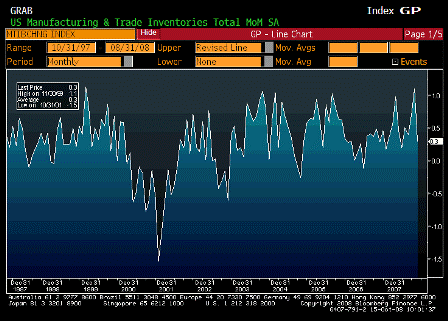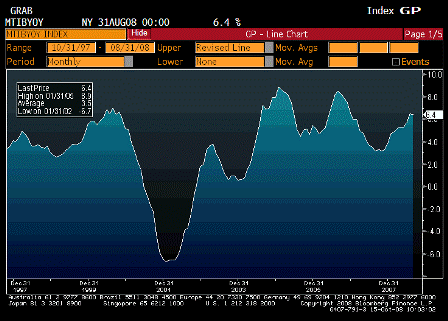[Skip to the end]
(email exchange)
Good read, thanks, passing it along.
>
> On Thu, Oct 16, 2008 at 8:22 PM, wrote:
>
> Even though Hungary is not a member of the euro zone, this analysis
> suggests that this could be the weak link which shatters the whole euro
> project. Is the ECB now going to be able to secure swap lines from the
> Fed to deal with the problems in eastern Europe? Interested to hear
> your thoughts.
>
The European Central Bank has announced that it will lend up to 5 billion euros to Hungary’s Central Bank. The move aims to stop Hungary’s financial crisis from spreading, a goal that overrides its drawbacks.
Analysis
The European Central Bank (ECB) announced Oct. 16 it will lend as much as 5 billion euros ($6.75 billion) to the Hungarian Central Bank to help head off a local liquidity crisis. The ECB is attempting to nip Hungary’s potentially destabilizing problems in the bud, for if the Hungarian economy tanks, far more than one small Central European country will be affected.
International Economic Crisis
Hungary’s mortgage system is locked up in the carry trade with the Swiss franc; many mortgage loans are denominated in Swiss francs rather in the local currency, the forint. Since 2006 in fact, nearly 80 percent=2 0of all Hungarian mortgages have been granted in Swiss francs. As the forint falls versus the Swiss franc (it fell 7.1 percent Oct. 15 alone) the cost of servicing those mortgages for the average Hungarian homeowner will increase proportionally (even before things like teaser rates are taken into account). All told, approximately 40 percent of Hungary’s mortgages are directly affected, along with approximately 40 percent of all consumer debt. The ECB move today to inject 5 billion euros into the country is designed to head off a plunge in the forint. At about 4.8 percent of gross domestic product, this represents proportionally the same amount of money as the entire U.S. bailout package.
At present, how critical the Hungarian situation is to the Europeans remains somewhat murky, but we do know that most of the Swiss franc-denominated loans were granted by Austrian banks. So as the forint falls and Hungarians begin defaulting on their mortgages en masse, we could see broad and deep failures in the Austrian banking sector, which is already in trouble due to the global liquidity crisis. Should that happen, the next step in the chain is the Swiss banks that lent the Austrian banks the francs needed to fund the Hungarian mortgages in the first place. Switzerland remains one of the world’s most critical financial nodes. Problems there would have global implications, with the epicenter at the heart of Europe. Switzerland is completely surrounded  culturally, economically, figuratively, financially and literally  by EU states, but is not a member.
Budapest has seen this problem coming, and has worked aggressively to get its budget deficit  which stood at 9.2 percent of GDP in 2006  under control. Last year it was brought down to 5.5 percent, and now the government is redoubling its efforts and hopes to get that number down to 3.4 percent this year and 2.9 percent in 2009.
Highly contractionary move but necessary to keep the currency up and comply with ECB entrance requirements.
But it may be too late for that. The government has discovered that there is no appetite at home or abroad for additional government debt issues,
I haven’t been watching this, but that reads like the problem is a fixed FX policy, as they try to fit it to the Euro.
raising the prospect that government financing could simply freeze up. The government already has taken the precautionary step of seeking a standby agreement with the International Monetary Fund (IMF) for emergency financing. Preferring to avoid the embarrassment of having one of their own going hat in hand to an international institution that normally helps manage economic basket cases, the European Union jumped in Oct. 16 with that 5 billion euro loan both to (hopefully) nip the problem in the bud, and in the longer term avoid the embarrassment of having the IMF taking one of their own into receivership. Hungary now stands as the only European country to receive direct emergency aid in the history of the European Union, and Hungary is not even a member of the eurozone.
The only reason for that kind of financial assistance is to support the local currency at a pegged rate. Also sounds like a ‘managed peg’ of some kind as per the mortgage problems above stemming from currency depreciation.
As for the other end of this daisy chain of potential chaos, the normally stolid Swiss are filled with fear more appropriate for a former Soviet republic=2 0that has just fallen under the shadow of a resurgent Moscow. On Oct. 16, the two largest Swiss banks, UBS and Credit Suisse, received government capital injections worth $6 billion as Bern assembled a fund to buy up $60 billion (both of the packages are denominated in U.S. dollars) in questionable assets held by the banks. And this is on top of the 6.5 billion euros ($8.7 billion) gleaned from the banks’ own recapitalization efforts. The ECB is also working with the Swiss National Bank in a very big way to bolster liquidity in each others’ markets. The Swiss see a storm coming, and when the Swiss get nervous about financials, everyone should take note.
As of the time of this writing, Hungary is holding. The forint has risen 3.8 percent versus the euro since the ECB’s announcement, mitigating yesterday’s 5.4 percent fall. To prevent the collapse from going regional and perhaps even global, the ECB needs to keep the forint as locked into its current value as possible. That means the ECB probably will de facto draw Hungary into the eurozone. This is because if the forint/euro exchange rate can be frozen, homeowners will be able to keep up with their payments, the mortgages will not go into foreclosure and there will not be a domino effect. It would be better yet to freeze the forint versus the Swiss franc, the currency the problem loans are denominated in. But the ECB controls the euro, not the Swiss franc, and must work with the tools at its disposal.
This is a highly inflationary policy as it will take more and more euros to support the local currency that seems to have its own inflation issues.
Again, I haven’t followed this one.
Thanks for the heads up!
Warren
In the long run, essentially extending euro membership to Hungary on crisis terms is a horrible decision. Normally, states spend years working themselves to the bone to qualify for the sort of perks and stability that euro membership grants, so the political and economic fallout of what began Oct. 16 will damage the euro’s credibility for years. But these are exceptional circumstances. The ECB, and the European Union as a whole, realizes full well that without dramatic action far more than Hungary is at stake.
[top]

